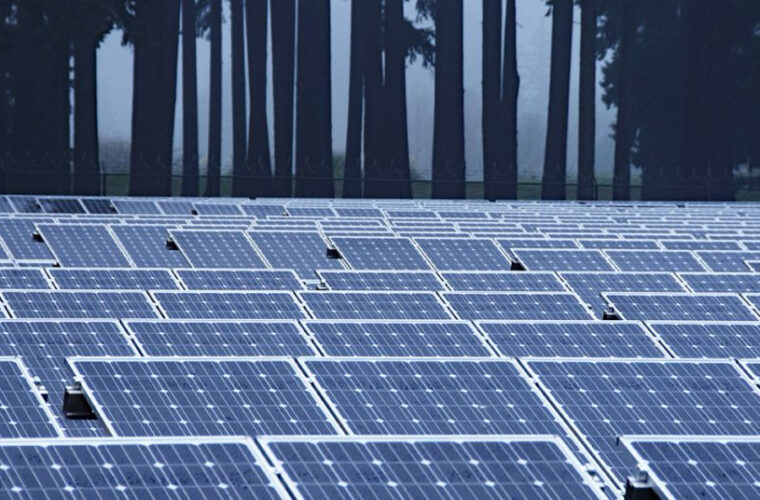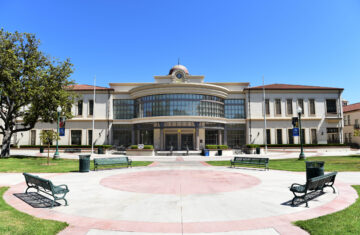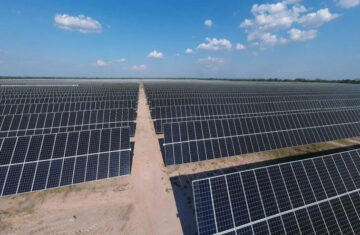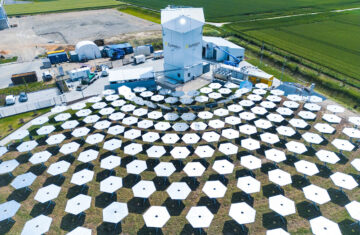The Michigan Department of Natural Resources (DNR) announced on Friday that it will not proceed with a proposal to lease 420 acres of state land near Gaylord to a solar energy developer. This decision comes after months of intense debates, with opponents raising concerns about environmental impacts, public access, and ideological opposition to renewable energy.
The proposal sparked significant controversy, prompting DNR officials to pause consideration of solar leases and extend the public comment period for several months. By the time formal discussions began, RWE Renewables, the private solar developer originally interested in the land, had withdrawn its proposal.
DNR Director Scott Bowen cited both the company’s retreat and public concerns as key reasons for the decision to halt the leasing process. In a letter to various legislators and interest groups, Bowen emphasized the need for a more structured decision-making framework regarding solar developments on state forestlands.
While the pause on new utility-scale solar projects remains in effect, Bowen assured that the DNR would seek input from local communities and lawmakers if solar development is considered in the future. “Public lands contribute to our economy, our identity, and our quality of life in Michigan,” he stated, highlighting the importance of thoughtful land management.
This pause does not affect existing solar leases under development at sites like the former Groveland Mine near Iron Mountain or the Roscommon Conservation Airport.
The DNR has committed to leasing no more than 4,000 acres of its 4.6 million acres of public land for renewable energy, a stark contrast to the 350,000 acres already leased for oil and gas operations. Supporters of solar energy expressed disappointment over the heightened scrutiny faced by the Gaylord proposal, noting that similar concerns are rarely raised regarding fossil fuel projects.
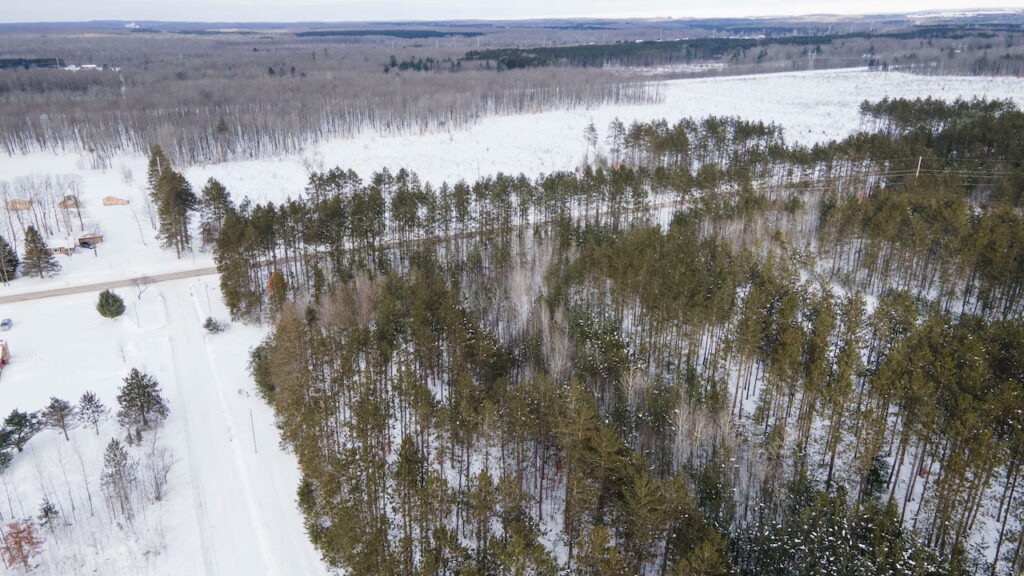
State Senator Jeff Irwin (D-Ann Arbor) criticized the misinformation surrounding the proposal, which included false claims that the DNR intended to sell the land or that solar panels would obstruct local trails. He stated, “Fossil fuel interests and the politicians they control know that they have to lie about solar in order to maintain their market share.”
Opponents of the solar project included local lawmakers like State Senator Michele Hoitenga (R-Manton), who expressed satisfaction with the DNR’s decision. Hoitenga argued that state land should not be used for solar projects, calling for more studies to assess the potential impacts of solar and wind energy on the environment.
Some community members voiced concerns that solar panels would hinder public access and wildlife movement, while others simply dislike the appearance of solar installations. Despite research indicating that solar power could thrive in Michigan’s snowy climate, skepticism remains among certain factions.
To address opponents’ concerns, DNR officials have promised that proceeds from any future solar leases will be used to acquire replacement land acre for acre. Bowen indicated that a “no net loss” policy would be maintained if the DNR lifts the pause on solar development.
As the DNR navigates the complexities of managing public lands, feedback from the Gaylord proposal will inform future discussions on utility-scale solar and other intensive developments. The ongoing dialogue underscores the importance of community involvement in shaping Michigan’s energy future.
